Namibia
Namibia has scrapped a clause in its economic empowerment framework that would have forced white businesses to sell a 25 percent stake to previously disadvantaged blacks, President Hage Geingob said on Wednesday.
Making the announcement during his state of the nation address, Geingob said a revised National Equitable Economic Empowerment Framework (NEEEF) draft bill will be proposed in Parliament before the end of 2018.
“The 25 percent equity stake will not translate into broad-based empowerment and is done away with,” Geingob said.
Namibia’s intention to widen ownership in the economy is similar to that of South Africa where companies are required to increase black ownership by selling shares to groups who were excluded before 1994 under white-minority apartheid rule.
Referring to findings by a University of Namibia professor, Geingob said most Namibians, especially the previously disadvantaged, do not have enough resources to invest in empowerment transactions, nor are they able to obtain access to funding to participate in such transactions.
Geingob said the role of government was to create a conducive business environment where owners, whether black or white, who can afford risk capital, can participate in equity transactions under NEEEF.
“We must strive towards inclusive broad-based empowerment focusing on the plight of farm workers, domestic workers, women, the youth and all disenfranchised Namibians. Employee share schemes are one of the most effective forms of broad-based empowerment. I encourage such an approach,” he said.
Ratings firms Fitch and Moody’s cut Namibia’s debt to sub-investment grade last year partly due to the uncertainty of Namibia’s economic recovery brought about by certain aspects of the economic empowerment plan.
Business lobby groups, while supporting plans to empower previously disadvantaged blacks, also expressed reservations about the clause forcing white business to sell shares to blacks.
Black economic empowerment has also faced challenges in South Africa, with uncertainty around ownership levels in the mining sector have deterred investment in a sector that accounts for 8 percent of the country’s economic output.
REUTERS



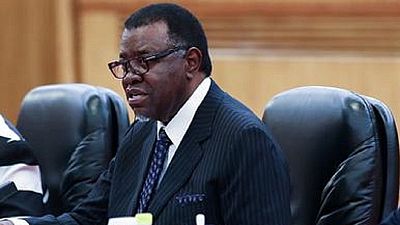


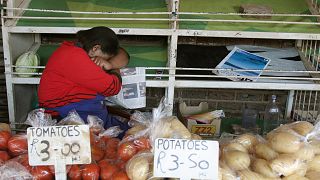
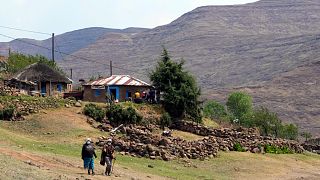

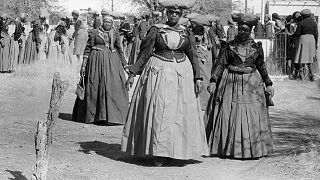

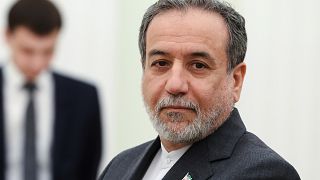


Go to video
Gaza’s scarcity of cash fuels desperation, sparks unusual trade
01:08
Dancehall superstar Shatta Wale urges young people to back President Mahama
01:54
"Great economic potential in Africa": five African leaders have lunch with Trump
Go to video
Cameroon imposes significant penalties on Telecom giants Orange and MTN
01:54
South Africa's independent mechanics join forces to compete with big companies
01:30
Abu Dhabi hosts first Global South Economic Forum